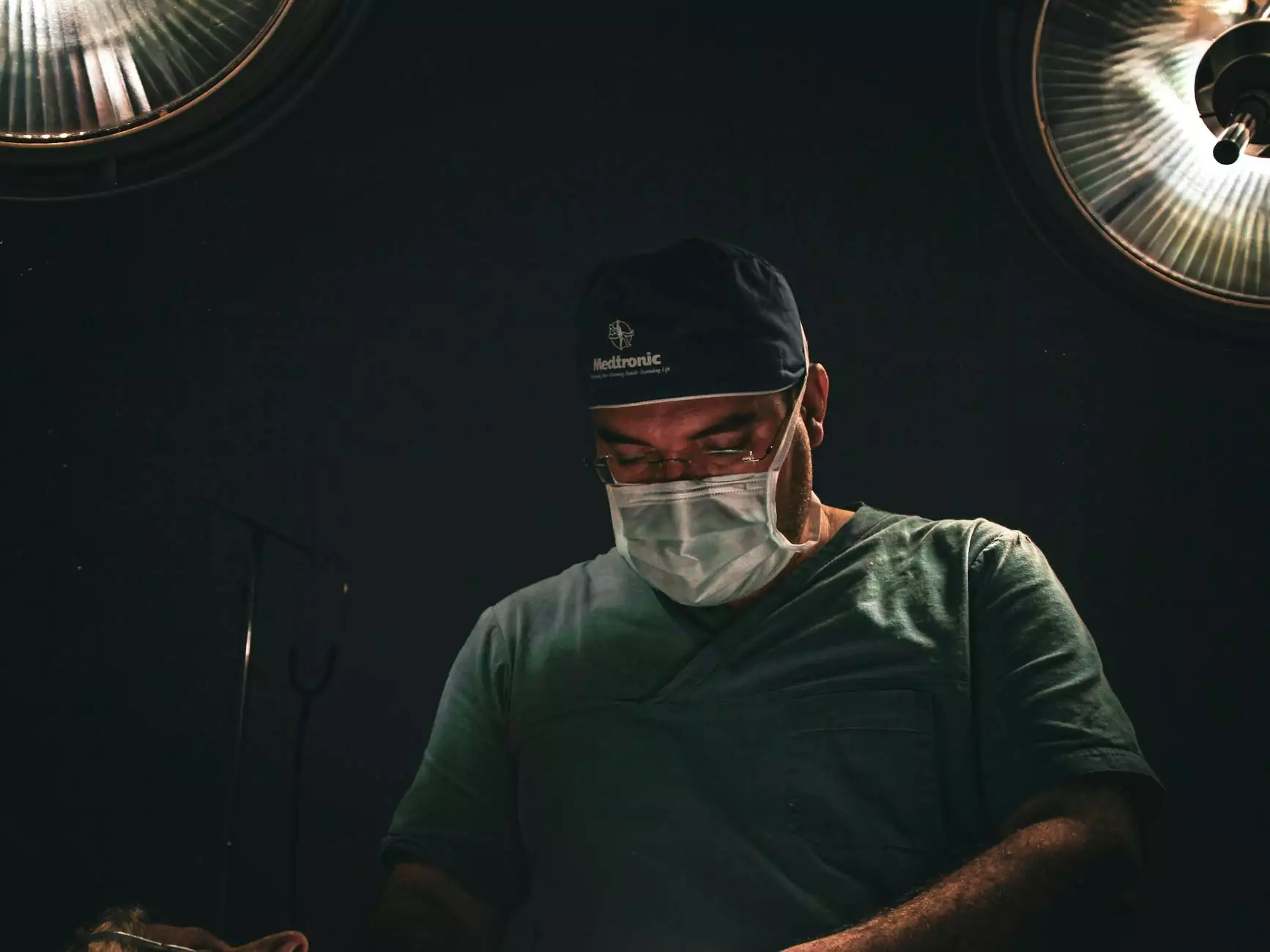The Vital Role of Lung Surgeons in Modern Healthcare

Lung surgeons, also known as thoracic surgeons, perform an essential role in healthcare, focusing on the diagnosis and surgical treatment of diseases affecting the lungs, esophagus, and other structures within the chest cavity. These specialists are equipped with advanced training and a wealth of knowledge that empower them to address severe conditions, ultimately improving patient outcomes and quality of life.
Understanding the Expertise of Lung Surgeons
To appreciate the significance of the work done by lung surgeons, it is crucial to understand their extensive training and the complexities of the conditions they treat.
Education and Training
The journey to becoming a lung surgeon is rigorous, involving:
- Medical School: Aspiring lung surgeons must first earn a medical degree.
- Residency: This is followed by a five-year general surgery residency, focusing on developing surgical skills.
- Fellowship: After residency, they undertake additional specialized training in thoracic surgery, usually lasting 1–2 years.
Specialized Skills
Lung surgeons possess specialized skills, including:
- Mastery of Surgical Techniques: Proficiency in minimally invasive surgeries, including video-assisted thoracoscopic surgery (VATS) and robotic-assisted techniques.
- Extensive Knowledge: Comprehensive understanding of lung diseases, anatomy, and pathology.
- Crisis Management: Ability to handle surgical emergencies with calmness and precision.
Common Conditions Treated by Lung Surgeons
Lung surgeons are trained to manage various conditions that impact lung health. Here are some of the most frequent issues they address:
1. Lung Cancer
Lung cancer is one of the leading causes of cancer-related deaths worldwide. Lung surgeons play a pivotal role in:
- Diagnosis: Performing biopsies to confirm cancer types.
- Surgical Options: Offering procedures such as lobectomy, pneumonectomy, or wedge resection, based on the cancer's stage and location.
- Post-Operative Care: Managing recovery to enhance survival rates and improve quality of life.
2. Chronic Obstructive Pulmonary Disease (COPD)
COPD significantly affects breathing and can lead to severe complications. Lung surgeons offer:
- Lung Volume Reduction Surgery: This surgery removes diseased lung tissue to improve breathing efficiency.
- Bullectomy: Removing large air-filled spaces (bullae) in the lungs helps patients with emphysema breathe better.
3. Interstitial Lung Disease
This group of diseases affects the lung tissue and can be debilitating. Surgical interventions may include:
- Open Lung Biopsy: To diagnose specific interstitial lung diseases.
- Lung Transplantation: For patients with end-stage lung disease who have exhausted other treatment options.
Advancements in Lung Surgery Technologies
As medical technology evolves, so does the field of lung surgery. Some advancements include:
1. Robotic Surgery
Robotic-assisted surgery provides surgeons with enhanced precision, flexibility, and control during operations. It results in:
- Minimized Scarring: Smaller incisions lead to reduced post-operative pain and quicker recovery.
- Shorter Hospital Stays: Patients often experience faster recovery times.
2. Enhanced Imaging Techniques
Advanced imaging techniques such as CT scans and PET scans allow for more accurate diagnoses, aiding in treatment planning and surgical strategies.
The Importance of Multidisciplinary Care
Success in treating lung conditions often requires collaboration among various healthcare professionals. Lung surgeons work closely with pulmonologists, oncologists, radiologists, and critical care specialists to:
- Develop Comprehensive Treatment Plans: Integrating surgical strategies with medical and radiation therapies.
- Coordinate Care: Ensuring seamless transitions between different stages of care, which is crucial for optimal outcomes.
Patient-Centered Approach
At neumarksurgery.com, the dedication to providing a patient-centered experience is paramount. The focus includes:
1. Preoperative Education
Ensuring patients understand their surgical options, preparing them mentally and physically by:
- Detailed Consultations: Offering avenues for patients to ask questions and understand the procedures.
- Health Optimization: Encouraging health improvements prior to surgery.
2. Personalized Postoperative Care
Post-surgery, lung surgeons prioritize:
- Follow-Up Visits: Monitoring recovery and addressing potential complications swiftly.
- Rehabilitation Programs: Collaborating with respiratory therapists to enhance lung function and recovery.
Conclusion
The role of lung surgeons is integral to the healthcare ecosystem. With their expertise and commitment to advancing surgical techniques, they significantly contribute to managing complex lung diseases. By providing thorough education, innovative surgical options, and a strong support system, lung surgeons at neumarksurgery.com are dedicated to transforming the lives of patients through enhanced breathing and improved health outcomes.
The impact of their work extends beyond the operating room, fostering a healthier, more informed community. If you or a loved one faces lung-related challenges, consider consulting with a qualified lung surgeon who can guide you on the path to recovery.









